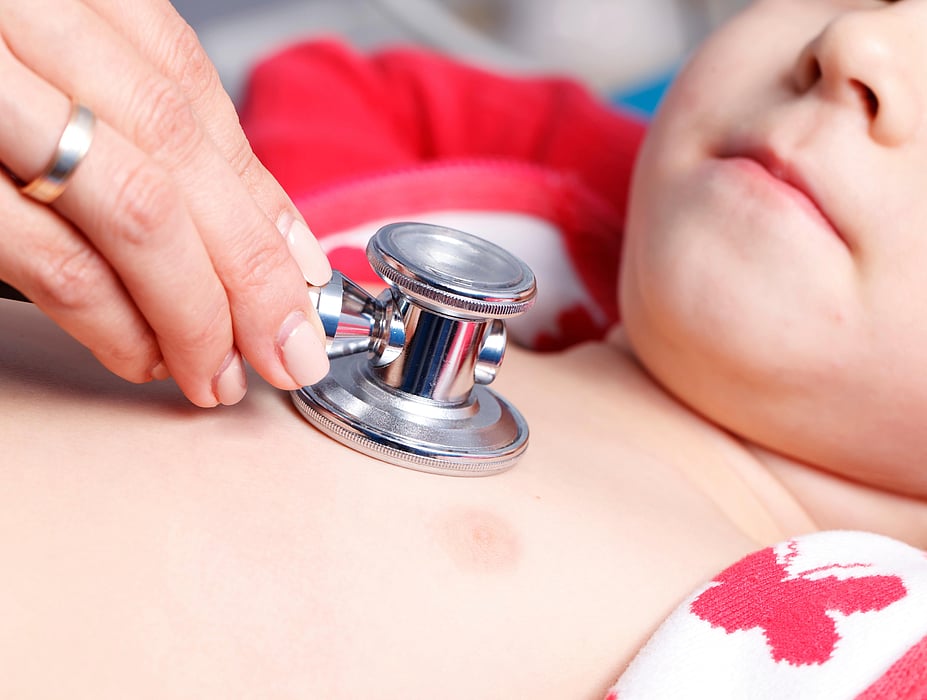Wait Times for Pediatric Heart Transplants Longer During Pandemic

FRIDAY, Oct. 14, 2022 (HealthDay News) -- The COVID-19 pandemic was associated with increased waiting list times among pediatric patients awaiting a heart transplant (HT) in the United States, according to a research letter published online Oct. 7 in JAMA Network Open.
John Iguidbashian, M.D., from the University of Colorado School of Medicine in Aurora, and colleagues used data from the United Network for Organ Sharing to evaluate if the COVID-19 pandemic was associated with increased waiting list times among pediatric U.S. HT recipients. Wait times were compared for November 1, 2018, to February 28, 2020 (prepandemic group; 626 patients), and from March 1, 2020, to June 30, 2021 (pandemic group; 610 patients).
The researchers found that pandemic HT recipients had significantly increased mean waiting list times (157.4 days) versus nonpandemic HT controls (126 days; mean difference, 32 days). Waiting list survival remained similar between the groups. Despite longer wait times, post-HT recipient and graft survival were maintained among pandemic and nonpandemic HT recipients. There were significant mean decreases observed in postoperative length of stay among pandemic HT recipients (31 days) versus nonpandemic HT recipients (40 days; mean difference, −9 days).
"Survival and quality of life among children awaiting HT will depend on a collaborative commitment to standardized decision making and critical outcomes analyses," the authors write.
Related Posts
Stuck in Traffic? Diesel Fumes May Be Harming Your Brain
MONDAY, Jan. 30, 2023 (HealthDay News) -- If you find yourself stuck in a...
Hepatitis C Infection Can Kill, But Less Than a Third of Patients Get Treatment
Vital Signs Aug (HCV) Press Statement_EMBARGOED_ (1).pdfWEDNESDAY, Aug. 10, 2022...
Intermittent Fasting Can Cut Your Risk of Diabetes, Heart Disease
MONDAY, Sept. 27, 2021 (HealthDay News) -- In terms of healthy eating, timing...
Escasea el Adderall, un medicamento para el TDAH
LUNES, 29 de agosto de 2022 (HealthDay News) -- La escasez de mano de obra en...
